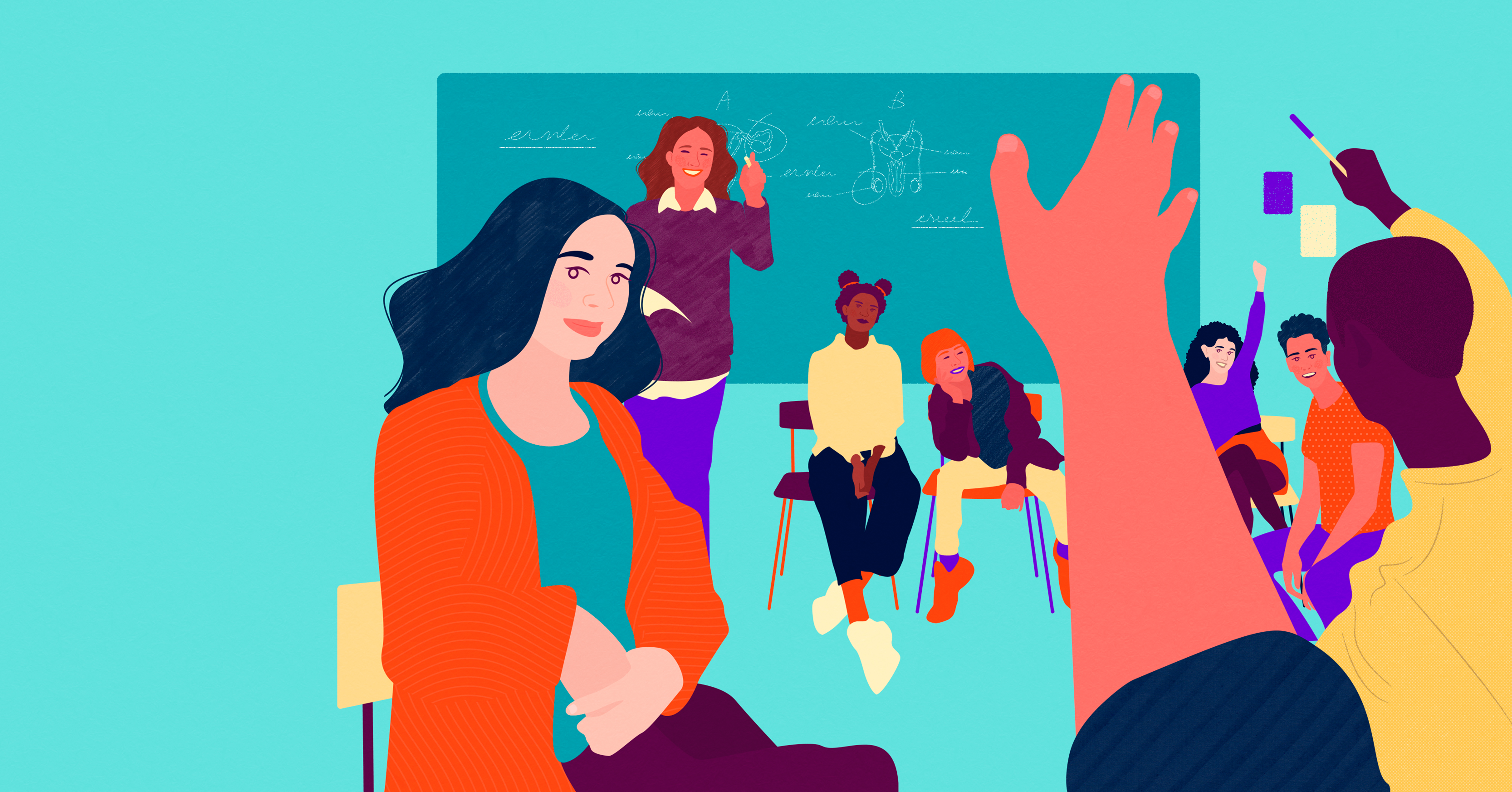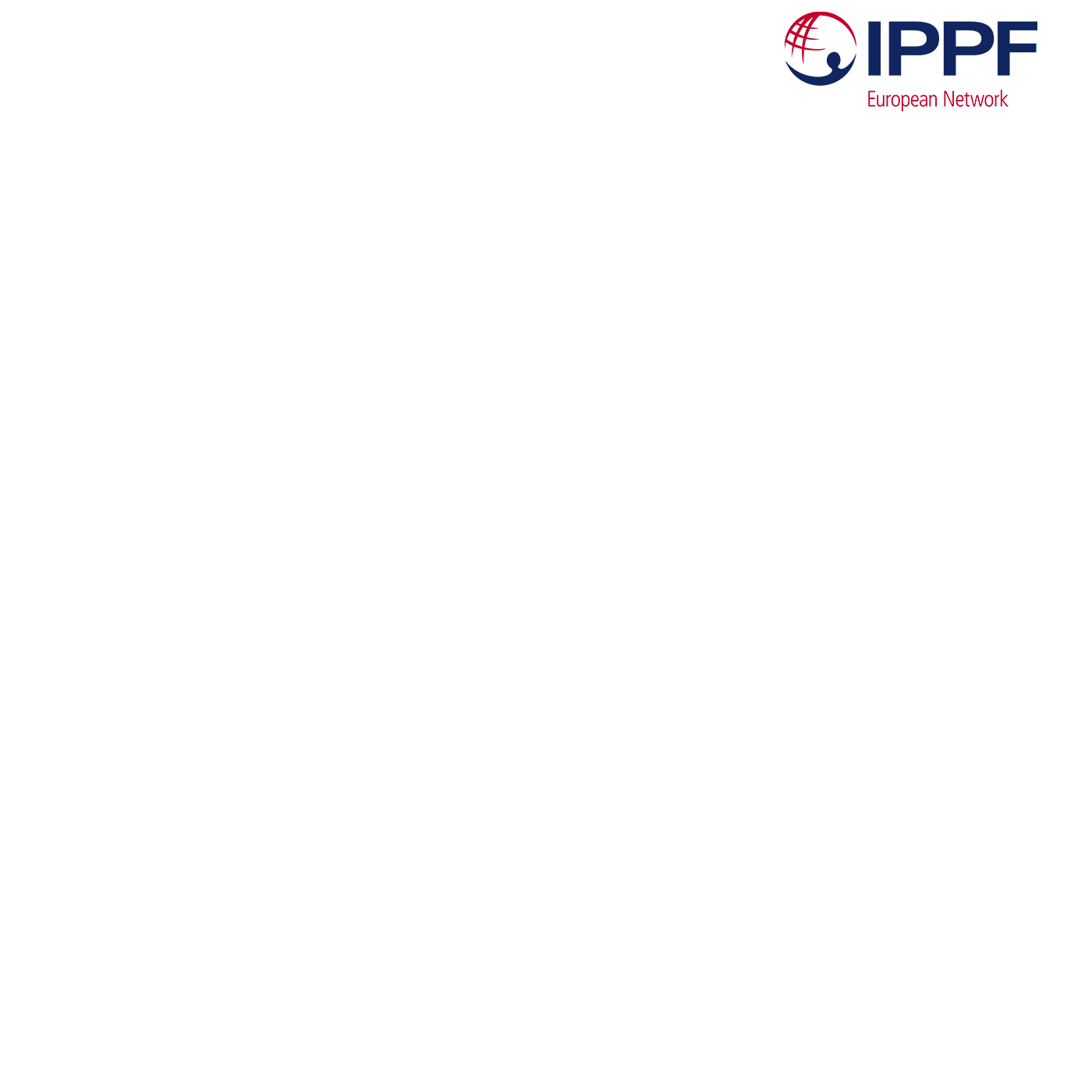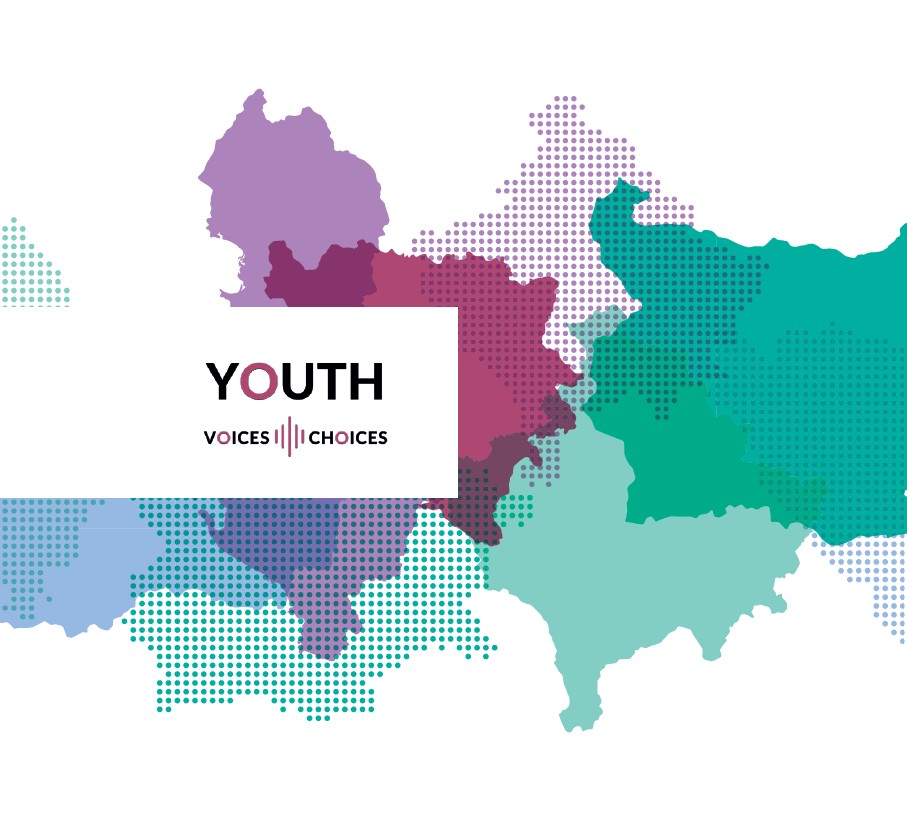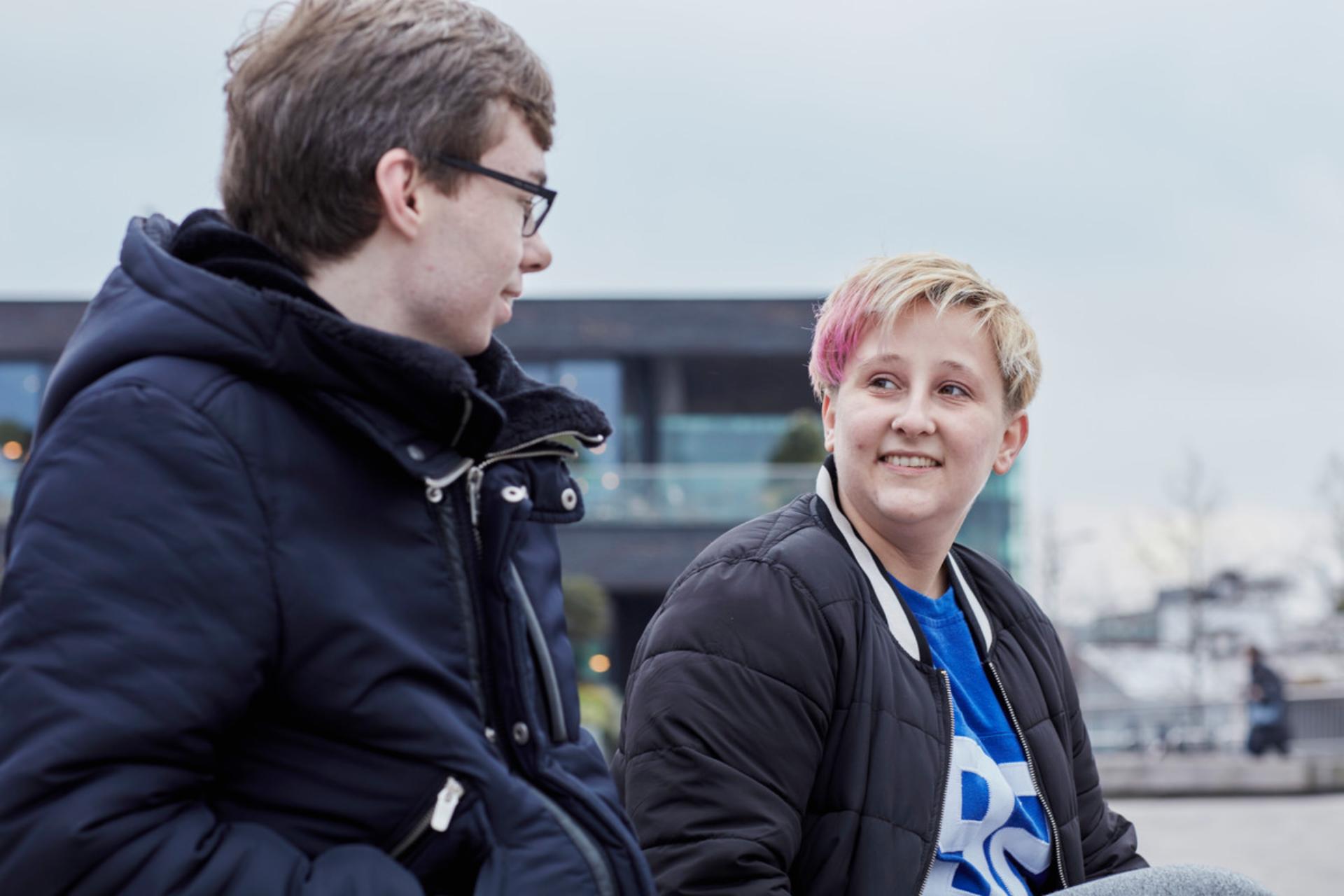Spotlight
A selection of resources from across the Federation

2022 IPPF EN Annual Report
Download our Annual Report to read about our activities and achievements in 2022.
Filter our resources by:


| 20 June 2022
Bringing people together for reproductive freedom
IPPF members are working hand-in-hand with networks of actors from within and around diverse Roma communities in Bulgaria, Romania and Serbia. The common goal: to improve access to life-changing sexual and reproductive healthcare for girls, women and young people, and tackle some of the deep rooted obstacles that prevent people - especially women and youth - from living safer and healthier lives. We are proud to share highlights of our work, recommendations to decision-makers and impact story in the below brochure.

| 01 April 2022
Working with the Roma community and local actors for reproductive freedom
In the Balkans, IPPF members are working hand-in-hand with diverse networks of actors from within and around Roma communities. This work was shaped as the My Body, My Rights project. Our common goal is to strengthen girls’ lifelong reproductive freedom and tackle some of the deep-rooted, systemic obstacles that prevent people - especially women and youth - from living safer and healthier lives. How? By increasing access to care, creating supporting contexts for choice and advocating for investment. Our work is community-driven and based on fostering local partnerships. At the heart of this collective action are Roma volunteers, girls and boys, health mediators and local NGOs, leading grassroots change and advocating for their own unique communities. Doctors, community nurses and teachers are working with them to help deliver lasting impact. And some decision-makers are stepping up and beginning to make much-needed investments in more equitable access to reproductive healthcare. We are proud to share highlights of our work, recommendations to decision-makers and resources for further reading. Explore our new microsite!

| 04 February 2022
European donors increase support to sexual and reproductive health and rights worldwide
The period 2020-2021 was one of the most challenging in recent memory. COVID-19’s fierce sweep across the world has been demanding a bold response that simultaneously safeguards the health, social and economic gains achieved to date. The COVID-19 pandemic has laid bare the critical global challenges that cannot be tackled in silos by individual countries. Foreseeing the severe effects of the pandemic in developing contexts, movements have been calling for international solidarity and equality, including the centrality of SRHR therein. European governments have been responding to, joining and even leading these calls. This report analyses 2020 funding data and 2021 political stances adopted by twelve European governments and the EU institutions. As such, it assesses changes in SRH/FP funding pre- and post-pandemic for those specific donors and for the period at stake only - with other possible trends being observable only in the longer run. It also assesses, for the first time, European support to the broader SRHR agenda. This report shows that, instead of plunging contributions to SRH/FP in their international cooperation, European governments have in fact increased support in 2020: data collected indicates donors contributed 2.614 billion Euros to SRHR, this includes 1.447 billion Euros disbursed to SRH/FP, reaching a new maximum. 12 out of the 13 European donors under review either increased or maintained funding compared to the previous year. But even though official development assistance (ODA) has not fallen so far, it is important that European governments maintain and scale up their commitments. European donors continue to be vocal about the importance of SRHR in international development. 2021 introduced another ground-breaking platform to reinstate support to the SRHR agenda: the Generation Equality Forum, which aimed to advance the implementation of the Beijing Declaration and Platform for Action. European donors pledged new support to SRHR in that context, but it remains to be seen how central this agenda will remain in development budgets. For more detailed data and analysis, read the full report ‘European Donor Support to Sexual & Reproductive Health & Family Planning – With a Spotlight on SRHR. Trends Analysis 2020-21’ Read our factsheet summarizing the findings of the report. Read the country and EU factsheets. The data can also be further explored on the online data dashboard here.

| 14 January 2022
My Body, My Rights - short film
When vulnerable communities, volunteers and professionals unite for reproductive freedom, they are a powerful force for change. Our short film features five stories that show how IPPF members in Bulgaria, Romania and Serbia are supporting the lifelong reproductive health and safety of Roma girls, women and young people, working on the multiple fronts necessary to improve access and uptake of quality family planning and maternal health care. Learn more about the My Body, My Rights project here.
| 04 September 2020
Because She Counts
Our #BecauseSheCounts social media campaign asks decision-makers to put universal health care, human rights and equality at the core of all public policy and funding decision, amid the pandemic and always. To join our campaign, share our #BecauseSheCounts messages and visuals and tag us @C2030Europe! Ask your governments to continue to prove that solidarity goes beyond borders and should not be limited to European Union countries. Find our social media campaign package here.
| 14 January 2019
Improving contraceptive care in Tajikistan
Young people are often denied care in societies where sex is taboo and parents can control their children’s access to medical providers. These challenges are amplified in conservative contexts where women and girls are made to feel uncomfortable when talking about contraception. The Tajikistan Family Planning Association (TFPA) has pioneered a phone application - available free of charge - that allows young people to gain crucial knowledge about modern contraception and sexually transmitted infections/HIV and connects them with health care providers. Through its innovative app, TFPA has created a safe space for young people to access stigma-free care, and to explore methods of sexual and reproductive self-care. This app has changed attitudes towards people living with STIs/HIV and inspired young people to have open and honest conversations about sexual and reproductive health care with their peers. "Before using the app, she thought STIs could only be caught by sex workers or people lacking morals, and that something like that could never happen to her or to her close friends. But now she realises that it can happen to anyone, even by accident. Now she tries to understand people who might have an STI." Young person in Tajikistan recounting an interview with a 19-year old woman as part of TFPA’s project















